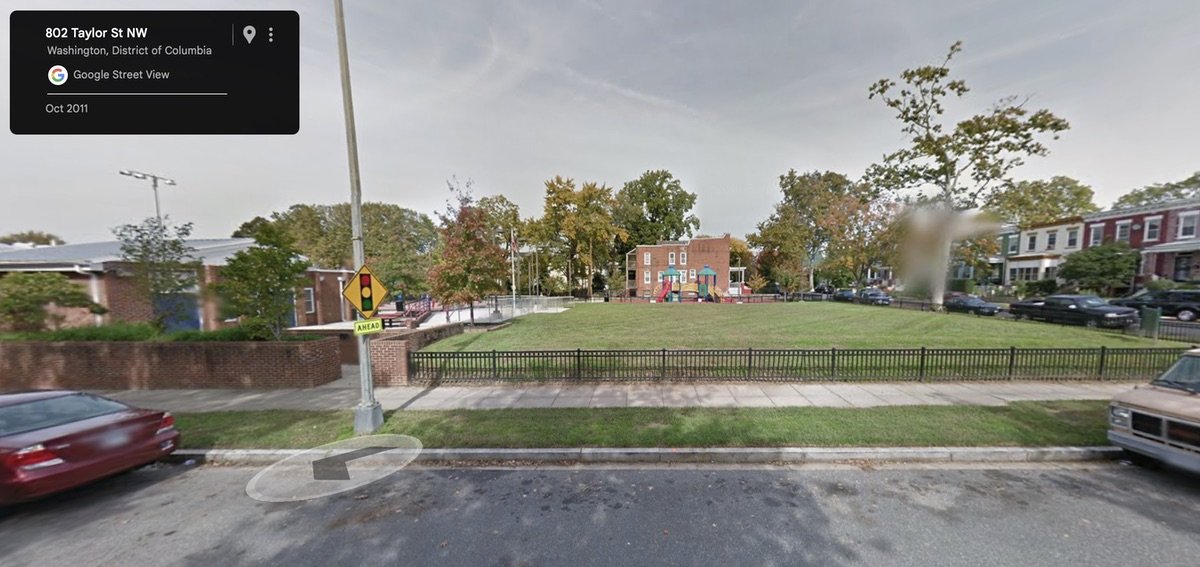DC Community Carrot expands program and sprouts new leadership
/Community Carrot’s new youth CEOs celebrate with Board members and staff at their recent graduation.
DC Community Carrot just completed a seven-month pilot project to demonstrate the non-profit organization’s ability to help DC’s Out of School Youth to create their own businesses. Following the pilot’s success, the organization named Petworth resident Harry Alford, III, as the interim executive director. Concurrently, Harry serves as CEO of Impact at Humble Ventures, a venture co-operative that democratizes access to opportunity and capital for underserved entrepreneurs. DC Community Carrot works with Opportunity Youth to build and run small businesses to carry them out of poverty.
New interim Exec Director Harry Alford III
“Helping Opportunity Youth to achieve financial independence through entrepreneurship education is a natural extension of the incredibly rewarding work my colleagues and I at Humble are already doing,” Harry said. “Now, Carrot’s participants will see a much longer runway of support that includes with the potential of venture capital and investors eager to see them succeed.”
The emerging public-private partnership is expected to foster more synergies between DC Community Carrot’s government-funding and Humble Venture’s funding from the private sector.
According to Community Carrot founder and former executive director David Sheon, the organization was launched at the urging of community leaders to create opportunities for disadvantaged young adults in Petworth. The recent entrepreneurship pilot was funded by grants from the DC Department of Small and Local Business Development (DSLBD) and the DC Department of Employment Services (DOES).
The key takeaways from the pilot are impressive to say the least. From the DC Community Carrot press release:
- Strong interest. Over 200 young men and women responded to our outreach, expressing strong interest in our entrepreneurship training program, including many from the Petworth/Brightwood Park community.
- Commitment remained strong. Entrepreneurship training proved to be a highly motivational incentive, resulting in participants eagerly seeking and retaining social supports, finding related work, and attending class so they could create micro-business to provide their ability to move to the middle class. Of the 14 participants who provided qualifying documentation to DOES thus qualifying for the program, 13 received business licenses, the primary endpoint of the DOES Workforce Innovation grant.
- Successful curriculum. All participants improved their soft skills, including communicating when scheduling/calendar conflicts arise; body language, eye contact, diction; obtaining and wear professional attire; taking responsibility for missteps or poor communication.
Participants also learned how to conduct primary and secondary research to differentiate their business ideas; develop marketing strategies; understand naming conventions; perform basic trademark searches; conduct logo development through crowdsourced competitions; navigate financial literacy, including creating a projections spreadsheet, accessing and improving their credit score, securing a small loan from CDFI partners, managing a checkbook; differentiate organizational structures (i.e. LLC, Inc., Sole Proprietor, non-profit, B-Corp); and, navigate DC and Federal government business license requirements and responsibilities.
- Stability. Thirteen of the 14 participants improved their personal stability as necessary to help their businesses thrive. The organization’s leadership linked participants to 10 social support services, including mental health providers, shelters, medical health providers, day care vouchers, and social workers.
- Confidence. All students were taught that entrepreneurship requires patience, creativity, and an appreciation for failures as a pathway to success. All students were encouraged to develop micro-businesses with start-up costs under $1,500. “Failing small is failing up,” according to one Carrot participant.
- Jobs as Pathway to Independence. Eight of the students secured employment at jobs that will directly contribute to the skills and knowledge they need to launch and manage their businesses. For instance, a young man interested in creating a retail clothing business is working at a national retail clothing chain. By one year, we believe all 14 will be working in jobs related to their interest, effectively being paid to learn the skills they need to make their business thrive.
- Mentors. Eight of the students were partnered with mentors who checked in at least every other week and met with the students when possible to help them move their business ideas forward. Studies show that minority youth entrepreneurs suffer from a significant social capital gap compared to white youth entrepreneurs, making success more difficult. The finding indicates a likelihood of success for the majority of participants.
- Pathway to Profitability Requires Ongoing Support. Progression from having an entrepreneurial spirit to translation into an income generating business idea is an evolutionary process that takes ongoing attention and support, beyond what can be fully achieved in one year. As a result, Carrot looks forward to announcing partnerships that will extend the length and depth of support we will offer this and future cohorts.
We hope these new small businesses and the entrepreneurship program continue to thrive. Petworth, after all, is booming thanks in large part to the many small businesses in our neighborhood.
For more information about DC Community Carrot, visit their website.






















